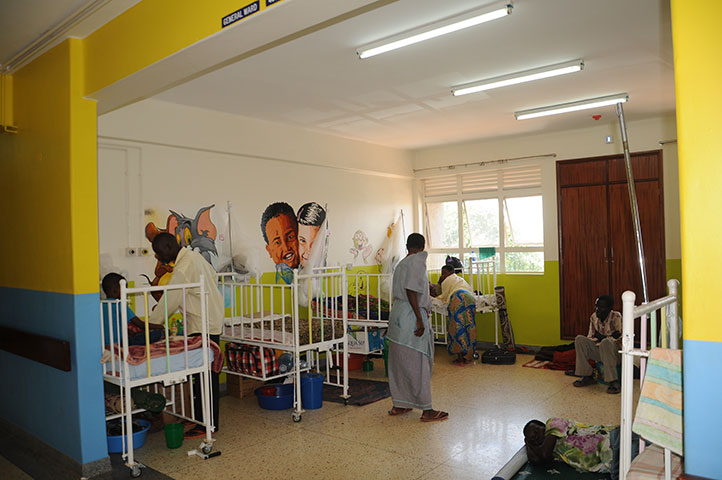Experts at the UCI blame this on the inability of medical personnel throughout the country to diagnose the different kinds of cancer and the reluctance of people to go for screening.
UCI registers 4,500 new cancer cases, which is only four per cent of the estimated number of case patients. Dr Jackson Orem, the executive director UCI, says statistics show that half a million Ugandans are not accessing services due to ignorance of the disease.
“It is very very difficult, I would say; it is very rare for you to go to a doctor or a medical personnel in Uganda and the first diagnosis is going to be cancer. The first diagnosis is going to be malaria. Okay let us rule out tuberculosis…By the time they exclude all these and know it is cancer, a times even the people who present early would have also progressed. That is a factor of training. So there is also need for us to train in the way we train our health workers”. Orem said.

According to Orem, the situation is complicated by the fact that by the time many people seek treatment, the disease is in advanced stages. Dr Noleb Mugisha Mugume, the head of Comprehensive Community Cancer Program at the UCI, says more than 100 people turn up for free cancer screening each Friday, while 32 people test at the private clinic each Wednesday from only 2 in 2009 when they started.
According to Mugume, many people wait for pain before they go to hospital for treatment.
“For cancers like the cancer of the breast, cancers of the skin there is going to be something that is evident that this person has a problem. But for many cancers like cancer in the lungs, cancer in the intestines, the person will actually be healthy and well. And so for many people they will actually wait for pain or for unbearable symptoms because this is what takes us to hospital… That’s why we are emphasising the factor of awareness for people to know that when you reach a certain age, you need to be checked for a certain cancer because if you wait for symptoms for the cancer to cause you to come, it is going to be late”, he said.
Paul Ebusu, the executive director Uganda Cancer Society, says Uganda currently they rely on the Kampala registry to plan due to lack of representative national data, which affects their interventions.
Cancer is a chronic disease in which body cells grow abnormally (proliferate) and spread to other body parts. The common cancers in Uganda are cervical cancer, prostate cancer, breast cancer, Kaposis sarcoma, Burkitt’s lymphoma, lung cancer, skin cancer, cancer of the bone, cancer of the eye, cancer of the colon, and cancer of the blood.
©Alleastafrica and The Observer



